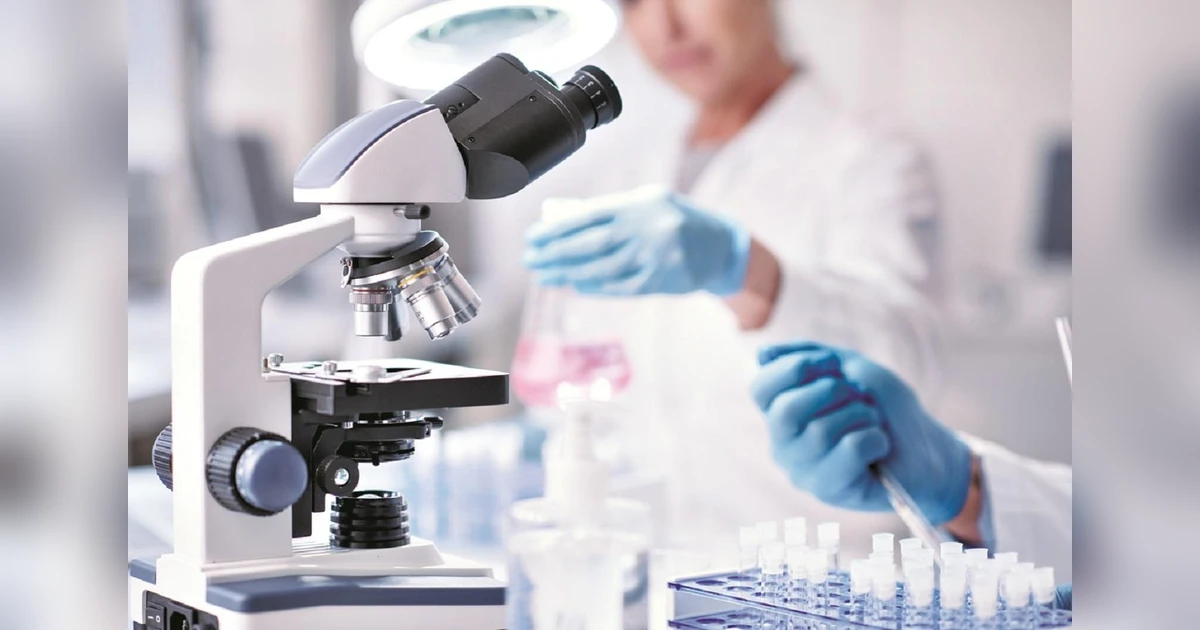The World Health Organization (WHO) has raised alarms regarding a significant increase in drug-resistant bacteria, stating that this trend poses a serious global health threat. According to the latest data released by the WHO, antimicrobial resistance (AMR) contributed to approximately 1.27 million deaths in 2020, with the potential to cause up to 5 million deaths when accounting for infections associated with resistant pathogens.
The WHO’s 2023 Global Antimicrobial Resistance and Surveillance System (GLASS) report highlights the urgent need for new treatments as current options dwindle. The organization underscores a troubling gap in innovative drug development, which is critical for combatting the rise of resistant bacteria.
Urgent Need for Innovation
The WHO emphasizes that a lack of new antibiotics is exacerbating the situation. As of now, only a handful of new antibiotics have been developed in recent years, leaving healthcare providers with limited options to treat resistant infections. The report highlights a disconnect between the increasing prevalence of AMR and the inadequate pipeline of new therapeutics.
Dr. Maria Van Kerkhove, the WHO’s technical lead on COVID-19 and a key figure in the fight against AMR, stated, “We are facing an innovation crisis. The pipeline of new antibiotics is drying up, and we must act swiftly to reverse this trend.”
The report further notes that while some progress has been made in surveillance and understanding the scope of AMR, the gap in treatment options remains a critical issue. Many countries lack the necessary infrastructure for widespread testing and reporting of resistant infections, which hampers global efforts to address the crisis effectively.
The Global Impact
The ramifications of rising drug resistance are felt worldwide. In low- and middle-income countries, the burden is particularly severe, where access to effective treatments is already limited. The WHO calls for increased investment in research and development to create innovative solutions for AMR.
Investment in new antibiotics and alternative therapies is essential not only to save lives but also to sustain healthcare systems. Without immediate action, the potential for routine surgeries and common medical procedures to become life-threatening is alarmingly high.
The WHO urges governments, pharmaceutical companies, and research institutions to collaborate on developing new antibiotics and to enhance global surveillance systems. Strengthening regulatory frameworks and incentivizing research can also play a crucial role in revitalizing the drug development pipeline.
In conclusion, the WHO’s warning about the surge in drug-resistant bacteria serves as a call to action for the global community. The health of millions depends on our ability to innovate and adapt to this growing challenge. Addressing the gaps in drug development and ensuring equitable access to treatments worldwide must become a priority for policymakers and healthcare leaders.
